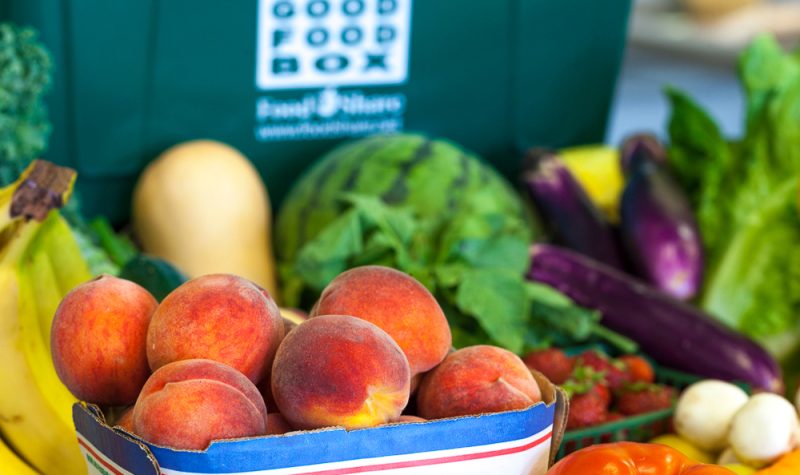While food insecurity was a major issue for Toronto prior to the pandemic, its effects were exacerbated by COVID-19's restrictions and loss of employment for many, which led to more residents requiring accessible food sources, according to a local organization.
"Food insecurity is really an issue of income, and not food supply," said Renee D'Souza, the communications coordinator of FoodShare Toronto, one of the organizations at the forefront of addressing food insecurity.
D'Souza said the organization strives to find long-term solutions towards tackling food insecurity, and this includes concrete steps to increasing workers' wages and getting fresh, culturally appropriate food to those in need directly.
According to a Toronto Foundations fall-out report, D'Souza outlines that racialized parts of the city had 10 times higher COVID rates than the least racialized areas at the height of the pandemic in 2020.
The report attributes this to the ownership of personal vehicles and groceries that can be delivered for added costs, which were not accessible to everyone in Toronto.
Further, more individuals who did not require assistance to accessing food prior to COVID-19 initially are now in need, D'Souza said.
The Daily Bread food bank's 2021 report indicated that there were 1.45 million visits to food banks this year, up 47 per cent from 2020.
Other initiatives from FoodShare this year includes the Right to Food campaign, which emphasized the need for more affordable and accessible fresh food for communities in need.
This in contrast to what D'Souza said levels of government tend to focus on when tackling food accessibility through dry, canned foods.
As the city enters 2022, D'Souza is hopeful that several initiatives cut short by the pandemic can be resumed, as well as other advocacy-based works that can be pushed forward in the new year.
Listen to Renee D'Souza's full interview here:


